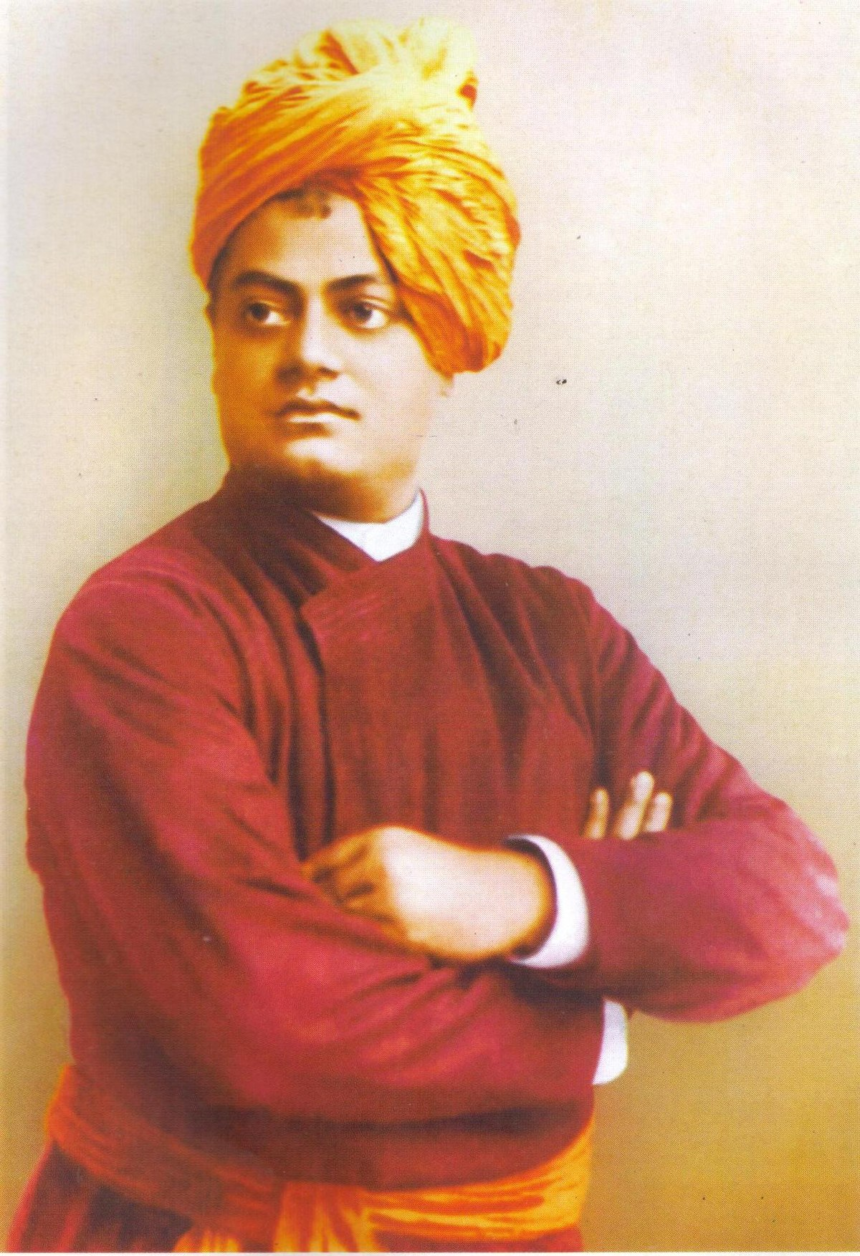Swami Vivekananda : Hindu spiritual master Vivekananda tried to bring together Western material progress and Indian spirituality.
Swami Vivekananda : Introduction
Swami Vivekananda : Swami Vivekananda, born on January 12, 1863, in Calcutta (now Kolkata), stands as a towering figure in Hindu spirituality and social reform in India. A Hindu spiritual leader and reformer, he sought to harmonize Indian spirituality with Western material progress, emphasizing their symbiotic relationship. This article delves into the life, philosophy, and contributions of Swami Vivekananda, shedding light on his efforts to infuse vitality into Hindu thought and his role in promoting Vedanta philosophy in the West.
ALSO READ : Subhas Chandra Bose : A Visionary Leader In India’s Independence Movement

Early life and education
Swami Vivekananda : Born into an upper-middle-class family of the Kayastha caste in Bengal, Vivekananda’s early life was marked by exposure to Western education, philosophy, and Christianity. Educated in a Western-style university, he absorbed diverse influences, shaping his later endeavors. The pivotal point in his life came when he encountered the teachings of Ramakrishna, a revered spiritual figure who demonstrated the essential unity of all religions.

Social reform and Brahmo samaj
Swami Vivekananda : Vivekananda’s journey into social reform began with his involvement in the Brahmo Samaj, a society dedicated to eradicating social issues like child marriage and illiteracy. Committed to spreading education among women and the lower castes, he became an advocate for social change. His time with the Brahmo Samaj laid the foundation for his later emphasis on service for the benefit of humanity.

Universalism and Vedanta philosophy
Swami Vivekananda : Always stressing the universal and humanistic aspects of the Vedas, Vivekananda sought to reinvigorate Hindu thought. He moved away from prevailing pacifism and presented Hindu spirituality to the West with a focus on service rather than dogma. Vivekananda emerged as a leading force in the promotion of Vedanta philosophy, one of the six schools of Indian philosophy, in the United States and England.
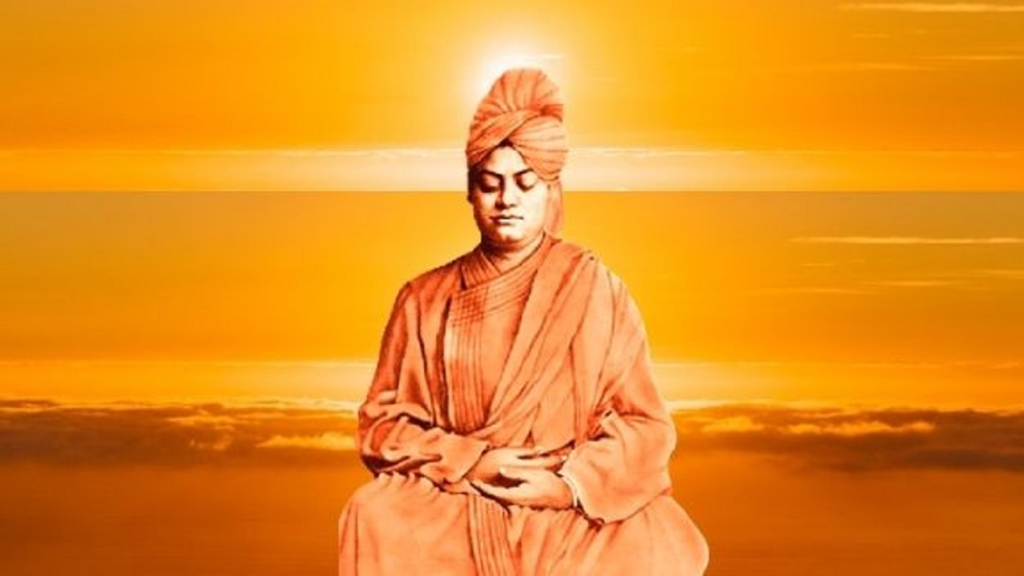
World’s parliament of religions
Swami Vivekananda : In 1893, Vivekananda gained international acclaim when he appeared as a spokesperson for Hinduism at the World’s Parliament of Religions in Chicago. His powerful oratory and profound ideas captivated the audience, earning him the title of “an orator by divine right” and the “greatest figure at the Parliament.” This marked the beginning of his extensive lecturing tour across the United States and England, where he made numerous converts to the Vedanta movement.
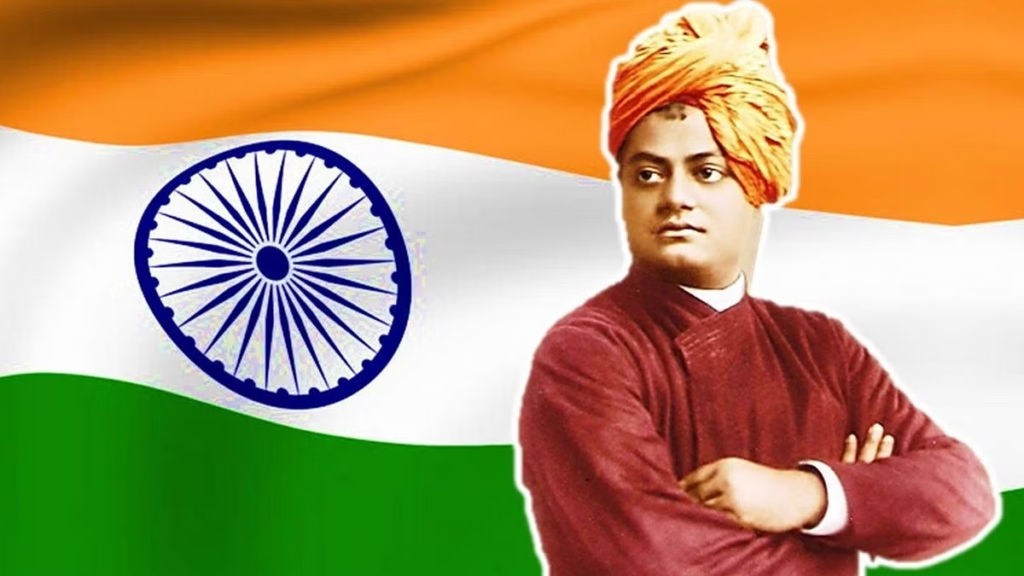
Ramakrishna mission and legacy
Swami Vivekananda : Upon returning to India in 1897 with a group of Western disciples, Vivekananda founded the Ramakrishna Mission at the monastery of Belur Math on the Ganges River near Calcutta. Self-perfection and service were the cornerstones of his ideals, and the mission continued to uphold them. Vivekananda’s ability to adapt and make Vedantic ideals relevant to the 20th century left an indelible mark on both the East and the West.
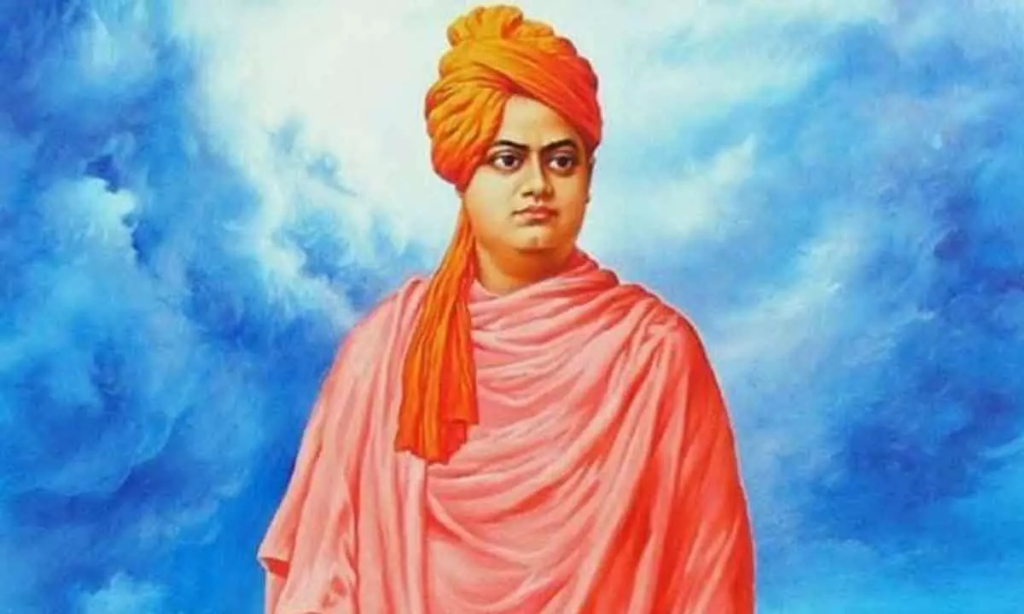
Swami Vivekananda’s inspirational quotes
- “Arise, awake, and don’t stop until the goal is reached.”
- “You have to grow from the inside out. None can teach you, none can make you spiritual. There is no other teacher but your soul.”
- “The greatest sin is to think you are weak.”
- “The greatest religion is to be true to your nature. Have faith in yourselves.”
- “Talk to yourself once a day, otherwise you may miss meeting an intelligent person in this world.”
- “We are what our thoughts have made us; so take care about what you think. Words are secondary. Thoughts live; they travel far.”
- “Truth can be stated in a thousand different ways, yet each one can be true.”
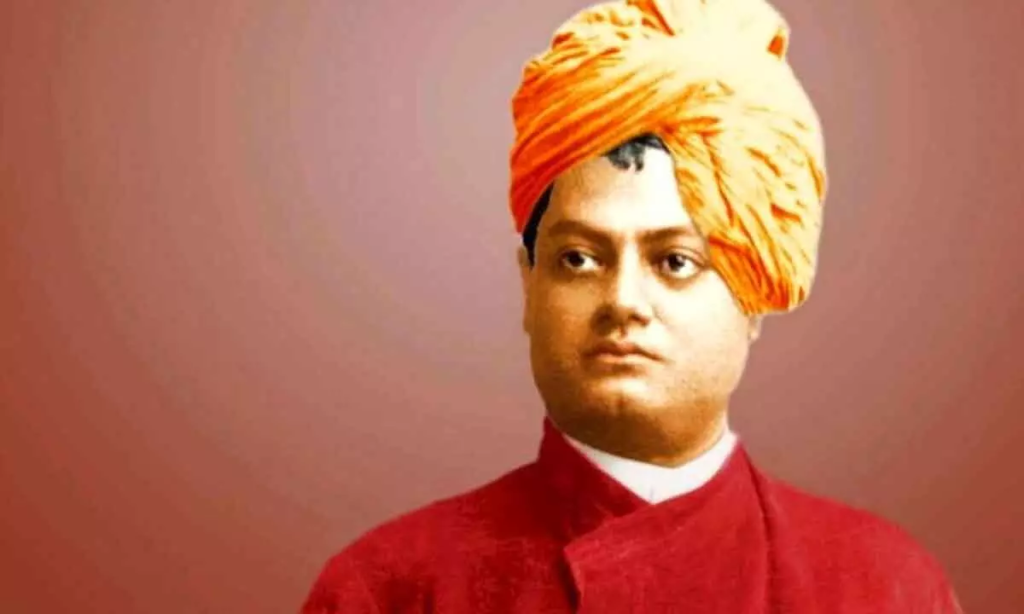
- “The great secret of true success, of true happiness, is this: the man or woman who asks for no return, the perfectly unselfish person, is the most successful.”
- “Dare to be free, dare to go as far as your thought leads, and dare to carry that out in your life.”
- “Never think there is anything impossible for the soul. It is the greatest heresy to think so. If there is sin, this is the only sin, to say that you are weak, or others are weak.”
- “In a day, when you don’t come across any problems – you can be sure that you are traveling on the wrong path.”
- “Take up one idea. Make that one idea your life; dream of it; think of it; live on that idea. Let the brain, the body, muscles, nerves, and every part of your body be full of that idea and just leave every other idea alone. This is the way to success, and this is the way great spiritual giants are produced.”

- “Do one thing at a time, and while doing it put your whole soul into it to the exclusion of all else.”
- “All power is within you; you can do anything and everything. Believe in that, do not believe that you are weak; do not believe that you are half-crazy lunatics, as most of us do nowadays. You can do anything and everything, without even the guidance of anyone. Stand up and express the divinity within you.”
- “Strength is life, weakness is death. Expansion is life, contraction is death. Love is life, hatred is death.”
- “Condemn none: if you can stretch out a helping hand, do so. If you cannot, fold your hands, bless your brothers, and let them go their own way.”
- “The world is the great gymnasium where we come to make ourselves strong.”

Conclusion
Swami Vivekananda’s life and teachings transcend time, reflecting a harmonious blend of spirituality and progress, East and West. His tireless efforts to bridge cultural gaps, promote social reform, and present Hindu philosophy in a universal context have left an enduring legacy. Vivekananda’s impact on the world, as seen through the continued influence of the Ramakrishna Mission and the widespread acceptance of Vedanta philosophy, attests to the enduring relevance of his ideas in the 21st century.
To explore more news : Click Here
ALSO READ : Field Marshal Sam Manekshaw : Architect Of Victory And Military Legend







